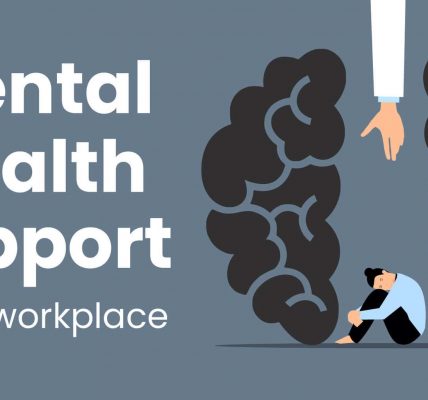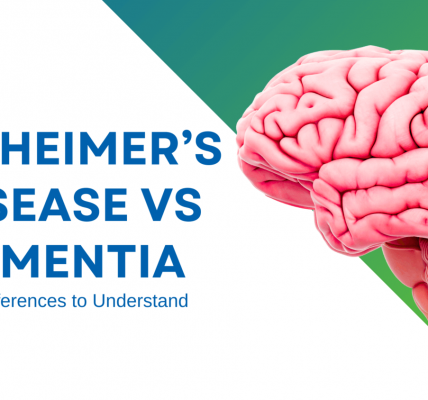Alcohol consumption has been a part of human culture for millennia.1 While it can be enjoyed socially and in moderation, excessive or harmful drinking can lead to a range of health problems and social issues.2
The Risks of Excessive Alcohol Consumption:
- Physical Health:
- Liver damage: Alcohol is metabolized primarily by the liver, and excessive consumption can lead to conditions like fatty liver disease, cirrhosis, and liver cancer.3
- Heart problems: Heavy drinking can increase the risk of heart disease, high blood pressure, stroke, and irregular heart rhythms.4
- Weakened immune system: Alcohol can impair the immune system’s ability to fight off infections.5
- Increased risk of certain cancers: Excessive alcohol consumption is linked to an increased risk of various cancers, including mouth, throat, esophagus, liver, and breast cancer.6
- Mental Health:
- Depression and anxiety: Alcohol can exacerbate symptoms of mental health conditions.7
- Impaired cognitive function: Heavy drinking can lead to memory loss, difficulty concentrating, and reduced problem-solving abilities.8
- Increased risk of suicide: Alcohol misuse is associated with a higher risk of suicidal thoughts and behaviors.9
- Social and Legal Issues:
- Impaired judgment and decision-making: Alcohol can lead to risky behaviors, such as drunk driving, violence, and accidents.10
- Relationship problems: Excessive drinking can strain relationships with family and friends.11
- Job loss and financial difficulties: Alcohol misuse can negatively impact job performance and financial stability.12
Moderate Drinking and Potential Benefits:
While excessive alcohol consumption is harmful, moderate drinking may offer some health benefits, such as:
- Reduced risk of heart disease: Moderate alcohol consumption may lower the risk of heart disease by increasing levels of “good” cholesterol (HDL) and reducing blood clotting.
- Reduced risk of type 2 diabetes: Some studies suggest that moderate alcohol consumption may lower the risk of developing type 2 diabetes.13
It’s important to note that the potential benefits of moderate drinking are often outweighed by the risks, especially for individuals with a family history of alcoholism or other health conditions.14
If you or someone you know is struggling with alcohol misuse, help is available. Contact a healthcare provider or a substance abuse treatment program for support and guidance.
Remember, responsible drinking involves knowing your limits and making informed choices.15




